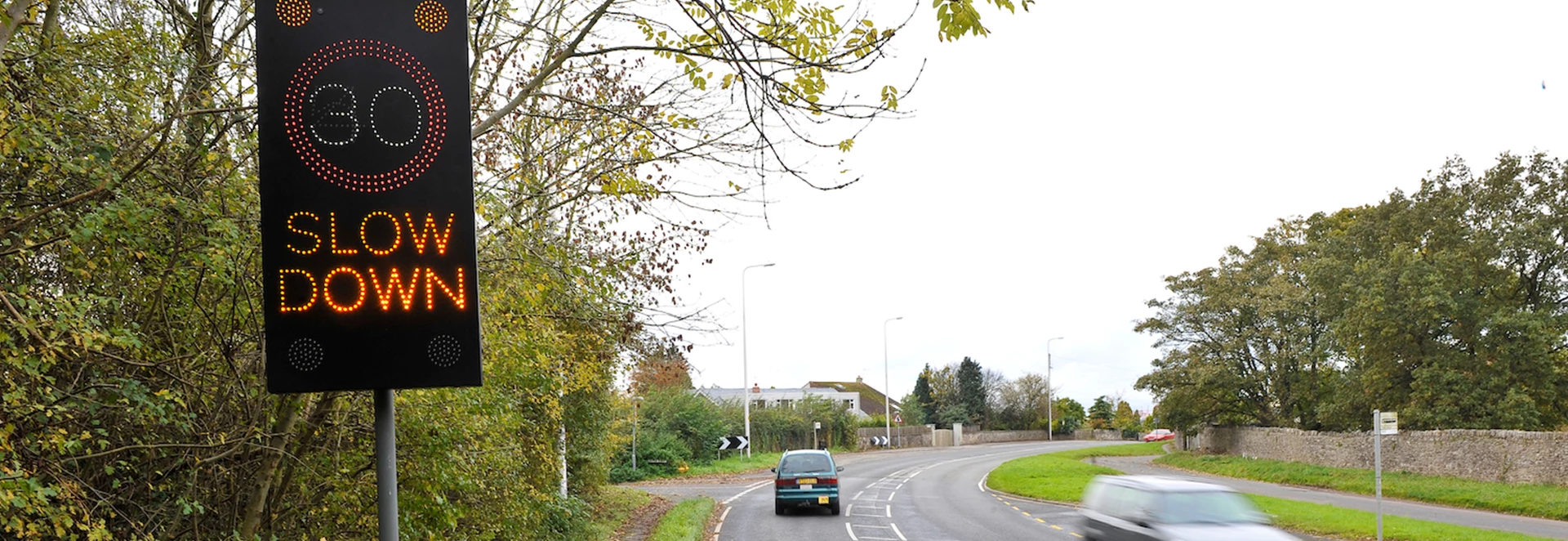The European Commission has recently announced that all cars sold on the continent must come with speed limiting technology as standard from 2022.
Although the UK may be out of the European Union by that point, the UK Vehicle Certification Agency has said that cars registered in the UK will still comply with EU legislation for vehicle safety.
The intelligent speed assist (ISA) setup would then be used to restrict how fast all vehicles can go, with models currently in production needing to be updated by 2024 to conform with the regulations.
But what is ISA and how will it affect you in the future?

How does ISA work?
Put simply, intelligent speed assist actively prevents drivers from breaching the speed limit on all roads and will work alongside other driver assistance systems to further reduce the risk of motorists being a part of serious traffic accidents.
Much like a blackbox, the ISA will use GPS, and potentially traffic sign recognition, to see what the speed limit of the road is, then automatically drop or raise the limit the car can go. The system will restrict the power available to the engine so that drivers can’t exceed the limit, but won’t automatically apply the brakes to slow the car down.
Drivers can breach this limit in certain circumstances, such as overtaking on a motorway or getting past a slower moving vehicle on the road.
Stay up to date on the latest driving laws. Subscribe to our newsletter >

How will it affect driving?
Not only will it keep people sticking to the guidelines of the national speed limit, but it could also cut emissions, help prevent more serious jams and lower insurance costs, as people won’t be able to break the speed limit as often, or at all.
The European Commission also stated that it predicts this new technology will save 25,000 lives by 2038 and also reduce traffic collisions by 30 per cent.




